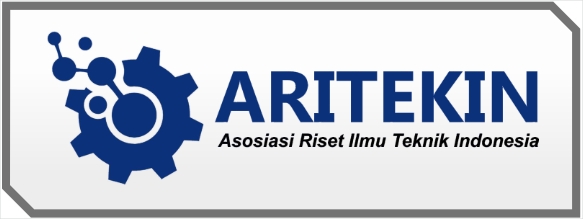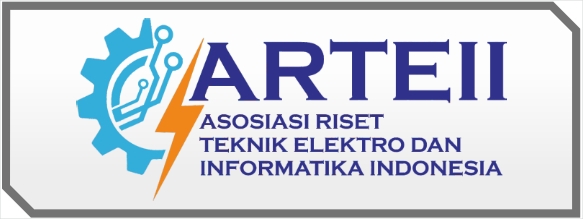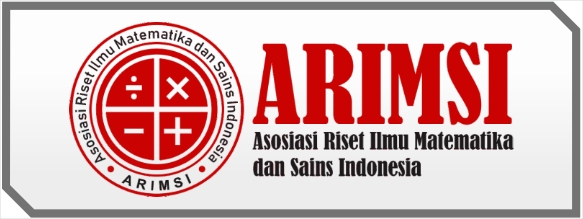Penerapan Prinsip Etika Agama dalam Manajemen Komunikasi Organisasi
DOI:
https://doi.org/10.59581/jmk-widyakarya.v2i1.2040Keywords:
communication ethics, ethical principles, organizational communication management, religious ethicsAbstract
This study aims to provide an explanation of management processes related to actions and activities related to communication management carried out within the organization. This method uses qualitative descriptive methodology. Literature research methods are used. With this method, authors collect data using note-taking techniques to check relevant information, such as books, literature, and other library materials. Elton Mayo's theory of human relations was used in this study. This research gives results that the management process is to carry out communication activities systematically and organized. Since organizational communication is the way all members interact with each other, the existence of an organization is determined by their interactions. As a result, communication management must be implemented to manage these interactions. However, the implementation of management in organizational communication means aligning management functions, namely planning, organizing, directing, and supervising communication with communication within the organization. This function flows from top to bottom within the organization, in the form of tasks, orders, delegation, etc., to ensure that communication goes well and organizational goals are achieved.
References
M. Aminulah, “Etika Komunikasi dalam Al-Quran,” Jurnal Al-Bayan, vol. 25, no. 1, 2019.
Joko Susanto, “ETIKA KOMUNIKASI ISLAMI,” WARAQAT : Jurnal Ilmu-Ilmu Keislaman, vol. 1, no. 1, 2020, doi: 10.51590/waraqat.v1i1.28.
Institut Tazkia, “Prinsip & Etika Bisnis Islam,” Buku Ajar Prinsip & Etika Bisnis Islam : Berbisnis sesuai Panduan Syariah. 2021.
T.- Rachman, “Etika Komunikasi Islam dalam Berbagai Perspektif (Intrapersonal, Interpersonal dan Kelompok Kecil),” Hikmah, vol. 16, no. 1, 2022, doi: 10.24952/hik.v16i1.5599.
T. T. N. Aurellia, “Pengertian Etika: Macam-Macam Etika & Manfaat Etika,” Gramedia Blog, 2022.
E. Ermansyah, “ETIKA BISNIS DALAM PERSPEKTIF ISLAM,” Jurnal Khazanah Ulum Ekonomi Syariah (JKUES), vol. 5, no. 2, 2022, doi: 10.56184/jkues.v5i2.133.
D. Lorenza, A. Bakar, L. S. Masyhur, and S. Saifullah, “MENJAGA ETIKA BERAGAMA Fungsinya dalam Kehidupan Masyarakat Multi Agama dan Budaya,” Nusantara; Journal for Southeast Asian Islamic Studies, vol. 18, no. 1, 2022, doi: 10.24014/nusantara.v18i1.18456.
N. Nizar, “HUBUNGAN ETIKA DAN AGAMA DALAM KEHIDUPAN SOSIAL,” Jurnal Arajang, vol. 1, no. 1, 2018, doi: 10.31605/arajang.v1i1.44.
F. Hasmawati and A. Aliasan, “Strategi Komunikasi Dalam Manajemen Pengembangan Organisasi,” Yonetim: Jurnal Manajemen Dakwah, vol. 5, no. 2, 2022, doi: 10.19109/yonetim.v5i2.15204.
F. Fauzi, Z. Iba, and S. Sutoyo, “IMPLEMENTASI MANAJEMEN KOMUNIKASI DALAM ORGANISASI,” Jurnal Ilmiah Manajemen Muhammadiyah Aceh, vol. 10, no. 2, 2021, doi: 10.37598/jimma.v10i2.896.
E. Yunus, “Manajamen Strategis,” Penerbit Andi, 2016.
J. K. Ismail et al., Pengantar Manajemen. 2022.
E. Pujianti, “Etika Dalam Pendidikan Agama Islam,” Jurnal Mubtadiin, vol. 8, no. 1, 2022.
Surajiyo, “Teori-Teori Etika Dan Prinsip Etika Bisnis,” Senada, vol. 6, 2023.
F. Faridah, “Komunikasi Dalam Interaksi Sosial (Analisis Etika Komunikasi Dalam Perspektif Islam),” RETORIKA : Jurnal Kajian Komunikasi dan Penyiaran Islam, vol. 1, no. 1, 2019, doi: 10.47435/retorika.v1i1.247.
















